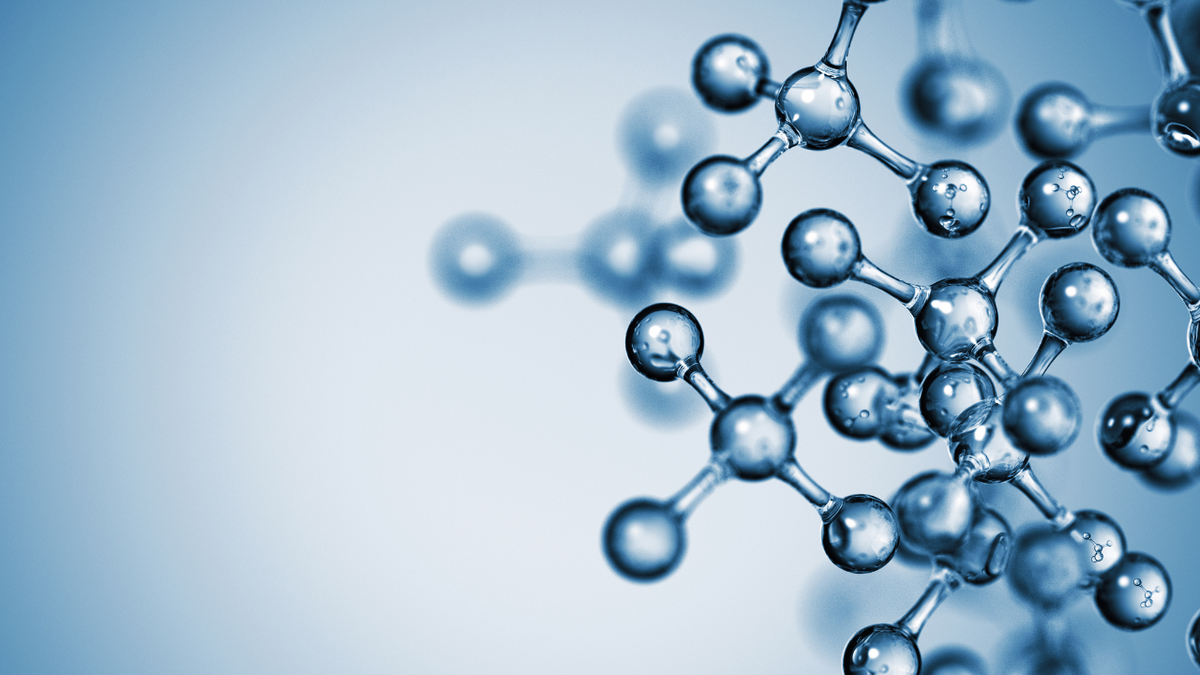
Best Acids for Dry and Dehydrated Skin
|
Time to read 6 min


|
Time to read 6 min
Achieving radiant, healthy skin is a universal goal, but it requires an understanding of the unique needs of your skin type.
Dryness and dehydration are common concerns that can affect anyone, regardless of skin type. Fortunately, there is a wide range of acids specifically formulated to address these issues.
In this blog, I'll go into the detailed characteristics of dry and dehydrated skin, discuss various types of acids suitable for each, delve into how these acids benefit each skin type, and provide guidance on how to effectively mix and match them for optimal results.
Dry skin is characterized by a lack of oil, resulting in a dull, rough texture and often accompanied by flakiness or scaling. And DRY skin is a skin type, like oily skin or combination skin.
If you have dry skin, lacking water isn’t the problem. The problem is with the fact that your skin lacks oil. And often it is genetic and is constant, regardless of the weather.
Individuals with dry skin may experience:
Factors such as genetics, environmental conditions, hormonal changes, and lifestyle habits can contribute to dryness. Additionally, as we age, our skin's natural oil production decreases, making dryness more prevalent.
On the other hand, DEHYDRATED skin is a temporary skin condition.
Dehydrated skin, unlike dry skin, lacks water rather than oil. It can occur in any skin type, including oily or combination skin. But for the sake of this blog, I'm going to call both of them "skin types."
Dehydrated skin also feels tight, looks dull, and may show signs of premature aging such as fine lines and wrinkles. Some other signs of dehydrated skin include:
External factors such as weather, air conditioning, harsh skincare products, hot showers, and internal factors like diet and hydration levels can contribute to skin dehydration.
These two skin types require different ingredients because their underlying cause is different.
However, in today's post, we're going to look at best acids for dry and dehydrated skin as we tend to see many occurrences of these skin types, especially around this time of year.
Now, let's explore what kind of acids are beneficial for addressing both dry skin and dehydrated skin.
Hyaluronic Acid
Hyaluronic acid is a powerhouse ingredient for both dry and dehydrated skin. It's a humectant, meaning it attracts and retains moisture from the environment and deeper layers of the skin. Hyaluronic acid helps to hydrate and plump the skin, improving its elasticity and suppleness. It also acts as a cushioning agent, providing a protective barrier against moisture loss. It is able to retain 1000 times its weight in moisture!! Absolutely amazing!
Regular use of hyaluronic acid can result in softer, smoother, and more hydrated skin.
Click here to learn more about humectants.
Ascorbic Acid (Vitamin C)
Ascorbic acid, or AKA purest form of vitamin C, is a potent antioxidant that offers numerous benefits for dry and dehydrated skin. It is also the most bioavailable form of Vitamin C and most clinically researched.
Ascorbic acid helps to brighten the complexion, fade dark spots and hyperpigmentation, and stimulate collagen production, essential for maintaining skin elasticity and firmness.
Additionally, vitamin C protects the skin from free radical damage caused by environmental stressors, thereby preventing further dehydration and dryness.
Pantothenic Acid (Vitamin B5) / Panthenol
Pantothenic acid, or vitamin B5, is an essential nutrient for maintaining healthy skin barrier function. It helps to lock in moisture, soothe irritation, and promote healing.
Pantothenic acid also has anti-inflammatory properties, making it beneficial for calming dry, irritated skin. Incorporating products containing vitamin B5 can help replenish the skin's moisture levels and improve its overall hydration.
Panthenol is a provitamin form of pantothenic acid, which means that when applied to the skin, it is converted into pantothenic acid, which then exerts its beneficial effects.
Lactic Acid (AHA)
Lactic acid is a gentle exfoliant belonging to the alpha hydroxy acid (AHA) family. It works by loosening the bonds between dead skin cells, allowing them to slough off more easily. This reveals newer, brighter skin underneath and helps to improve the skin's texture and tone. Unlike some harsher exfoliants, lactic acid is suitable for dry and dehydrated skin as it exfoliates without causing irritation or stripping away natural oils.
Mandelic Acid (AHA)
Mandelic acid is another AHA that is particularly suitable for dry and sensitive skin. It has larger molecular size compared to other AHAs, making it less likely to penetrate deeply and cause irritation.
Mandelic acid exfoliates the skin gently, helping to improve texture, reduce fine lines, and promote a brighter complexion. It also has antibacterial properties, making it effective for treating acne-prone skin without drying it out.
But for both lactic acid and mandelic acid, keep in mind that if your skin barrier is already damaged due to prolonged period of irritation and dryness, it is best to avoid exfoliation altogether until your skin barrier is back to its strong self.
When incorporating acids into your skincare routine, it's essential to start slowly and patch-test new products to avoid potential irritation.
For dry and dehydrated skin, a combination of hydrating and exfoliating acids can be beneficial.
For example, you could use a hyaluronic acid serum in the morning to hydrate and plump the skin, followed by a vitamin C serum to protect against environmental damage and brighten the complexion.
In the evening, consider incorporating a lactic acid or mandelic acid exfoliant to gently remove dead skin cells and promote cell turnover. Always follow up with a rich moisturizer to seal in hydration and restore the skin's protective barrier.
Avoid using multiple exfoliating acids together or over-exfoliating, as this can disrupt the skin barrier and lead to further dryness and irritation.
We recommend mixing these acids together:
Hyaluronic Acid with Ascorbic Acid (Vitamin C)
Hyaluronic acid and ascorbic acid complement each other well. Hyaluronic acid provides hydration, while vitamin C brightens the complexion and offers antioxidant protection. Using these together can result in plump, radiant skin.
Apply hyaluronic acid first to hydrate the skin, followed by a vitamin C serum to reap the brightening and protective benefits. Using a serum, like our Vitamin C Serum, that has both will simply the routine.
Our Vitamin C Serum uses:
In addition, our Vitamin C Serum has passed a rigorous skin tolerability test for sensitive skin by Dermatest, an independent research institute specializing in dermatological testing. Through this test, our Vitamin C Serum was tested for how well it interacts with people with sensitive skin and to identify any potential adverse reactions or sensitivities in these individuals.
Lactic Acid with Hyaluronic Acid or Pantothenic Acid
Lactic acid is a gentle exfoliant that can be paired with hydrating ingredients like hyaluronic acid or soothing ingredients like pantothenic acid. This combination helps to exfoliate dead skin cells while simultaneously hydrating and calming the skin.
Incorporate lactic acid into your nighttime routine, followed by a hyaluronic acid serum or moisturizer containing pantothenic acid.
Mandelic Acid with Hyaluronic Acid
Mandelic acid, being gentle and suitable for sensitive skin, pairs well with hydrating ingredients like hyaluronic acid.
This combination helps to exfoliate the skin gently while providing ample hydration.
Use mandelic acid in the evening, followed by a hyaluronic acid serum to maintain skin moisture levels.
Incorporating the right acids into your skincare routine can transform dry and dehydrated skin, restoring hydration, improving texture, and promoting a radiant complexion.
By understanding the characteristics of each acid and how they benefit your skin type, you can create a customized regimen that addresses your specific concerns and helps you achieve your skincare goals.
Remember to be patient and consistent, and always prioritize hydration and nourishment for healthy, glowing skin.